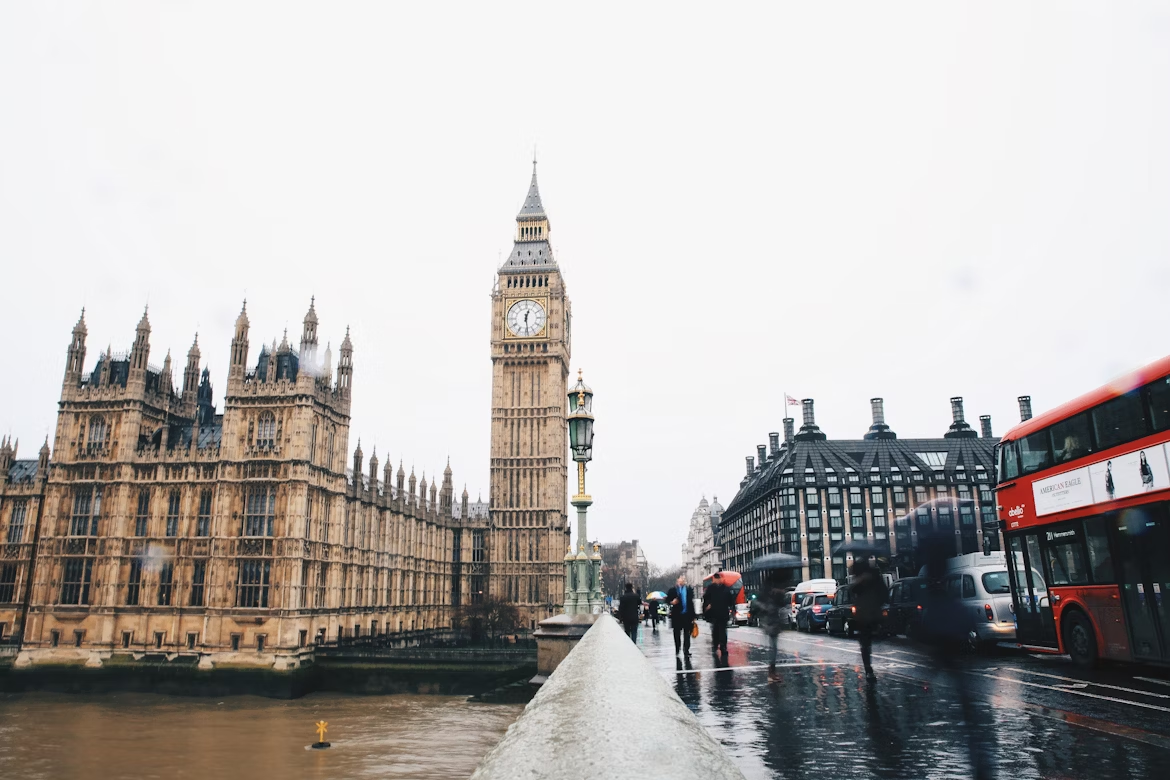- 5 min
- Published: 6 November 2025
- Updated: 5 November 2025
Introduction
The UK Home Office has introduced new legislation that will reduce the maximum post-study stay period for most international students. Starting January 1, 2027, foreign graduates will be allowed to remain in the UK for only 18 months—a six-month reduction from the previous two-year allowance.
This change applies to foreign graduates applying for the standard Graduate Visa, primarily affecting those with bachelor’s and master’s degrees. As a result, these graduates will have a shorter timeframe to secure graduate-level employment and establish themselves in the UK after completing their studies.
However, the new policy excludes PhD graduates, who will continue to be eligible for a three-year post-study stay. This exception acknowledges the greater commitment and advanced skills involved in doctoral-level qualifications.
Students who apply on or before December 31, 2026—regardless of their level of study—will remain subject to the current two-year post-study stay provisions.
It is important to note that the Graduate Visa cannot be extended beyond these durations; however, graduates may have the option to switch to other visa categories, such as the Skilled Worker Visa, to continue living and working in the UK.
About the UK Graduate Visa
The UK Graduate Visa allows international students to remain in the UK after completing a UK bachelor’s, postgraduate, or other eligible course, provided they are currently in the UK on a Student or Tier 4 (General) Student Visa. To qualify, the student’s education provider must notify the Home Office that the course has been successfully completed.
With the new policy in effect, applications submitted from January 1, 2027, onwards will be granted an 18-month stay. However, doctoral graduates will still benefit from the old three-year allowance.
Graduate Visa applicants must apply online before their current Student Visa expires. They can also include eligible partners and children in their application. The process requires proving identity and submitting the necessary documents, with most decisions issued within eight weeks.
The application fee is £880, plus an immigration health surcharge calculated by the length of stay. Those working in public healthcare roles may qualify for alternative visa routes with lower fees and surcharge exemptions.
Graduate Visa holders can work in most jobs, seek employment, be self-employed, volunteer for certain registered organizations, and travel abroad and return to the UK. However, they cannot access most public funds or work as professional athletes. Studying further is permitted only for courses not eligible under a Student Visa, which may require additional approvals.
Extensions to the Graduate Visa are not permitted, but visa holders can apply to switch to other visa categories, such as the Skilled Worker Visa. To do this, applicants must secure a job offer from a licensed sponsor and meet the specific eligibility criteria for the new visa category. The switch requires a separate application, which must be submitted before the Graduate Visa expires to ensure continuous lawful residence in the UK.
Join the IDP student community
Connect with peers and student ambassadors to hear real experiences, tips, and advice about studying abroad.

New Immigration Measures
In addition to changes to the Graduate Visa, the UK government has also introduced stricter English language requirements for migrants. According to a law introduced in Parliament on October 14, applicants through certain immigration routes must demonstrate proficiency equivalent to an A-Level standard in speaking, listening, reading, and writing.
Testing must be conducted by a Home Office-approved provider, with results verified during visa applications. Home Secretary Shabana Mahmood emphasized the importance of language skills for integration and contribution to national life.
Further reforms include raising the immigration skills charge (ISC) by 32% for employers sponsoring skilled foreign workers, the first increase since 2017. This revenue will support training for the domestic workforce and reduce dependency on overseas recruitment.
As part of the wider immigration reforms, the UK government will also increase the financial requirements for Student Visa applicants starting with the 2025–2026 academic year. This means that prospective international students will need to demonstrate that they have sufficient funds to cover tuition fees, living expenses, and other costs while studying in the UK. The change aims to ensure that students are financially prepared to support themselves during their studies and reduce the risk of financial hardship.
These initiatives are part of the government’s broader immigration white paper and Plan for Change, designed to create a controlled, selective, and fair immigration system that balances border security with the attraction of global talent. Further reforms related to asylum and border security are expected to be announced later this autumn.
One account for all your study abroad needs
Create your profile and unlock a wide array of features including personalised recommendations, fast-tracked applications and much more.











